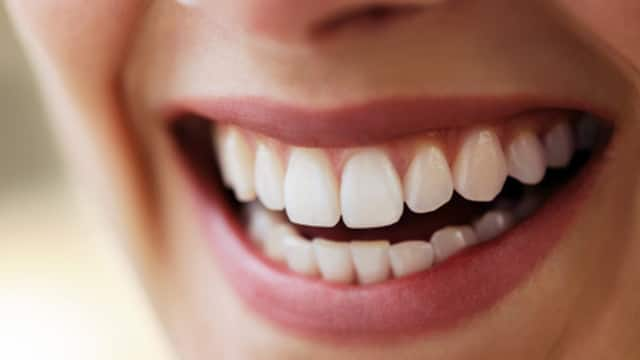Over a decade of research has proven bleaching and other whitening methods to be both safe and effective. Several products in the market today have shown no adverse effects on teeth or gums in substantial clinical and laboratory testing. Be sure to look for clinically proven products, follow directions and consult with your dental professional.

How Safe Is Tooth Whitening?
Medically Reviewed By Colgate Global Scientific Communications
In the past, the higher bleach concentrations used in-office treatment resulted in more sensitivity. Today, however, bleaching gels are well buffered, making sensitivity less of an issue. Sensitivity may occur in people after whitening procedures, particularly when they eat hot or cold foods, but usually disappears after 48 hours and stops completely when treatment is stopped.
If you do experience sensitivity, there are several ways you can help eliminate it:
- If using a tray applicator, wear the tray for a shorter period
- Brush with a toothpaste made for sensitive teeth that contains potassium nitrate to help soothe tooth nerve ending
- Ask your dentist or pharmacist for a product with fluoride, which helps re-mineralize your teeth. Brush-on or wear in your trays four minutes prior to and after whitening your teeth
- Stop whitening your teeth for several days to allow you teeth to adapt to the whitening process. Within 24 hours, the sensitivity will cease. The longer you whiten your teeth, the less sensitivity you will experience
In a few cases, your dentist may discourage dental bleaching:
- If you have gum disease, teeth with worn enamel, cavities or particularly sensitive teeth
- If you're pregnant or breast-feeding
- If you have tooth-colored crowns, caps or other dental work in your front teeth, which can't be bleached
Copyright © 2002, 2003 Colgate-Palmolive Company. All rights reserved.
11/15/2010





